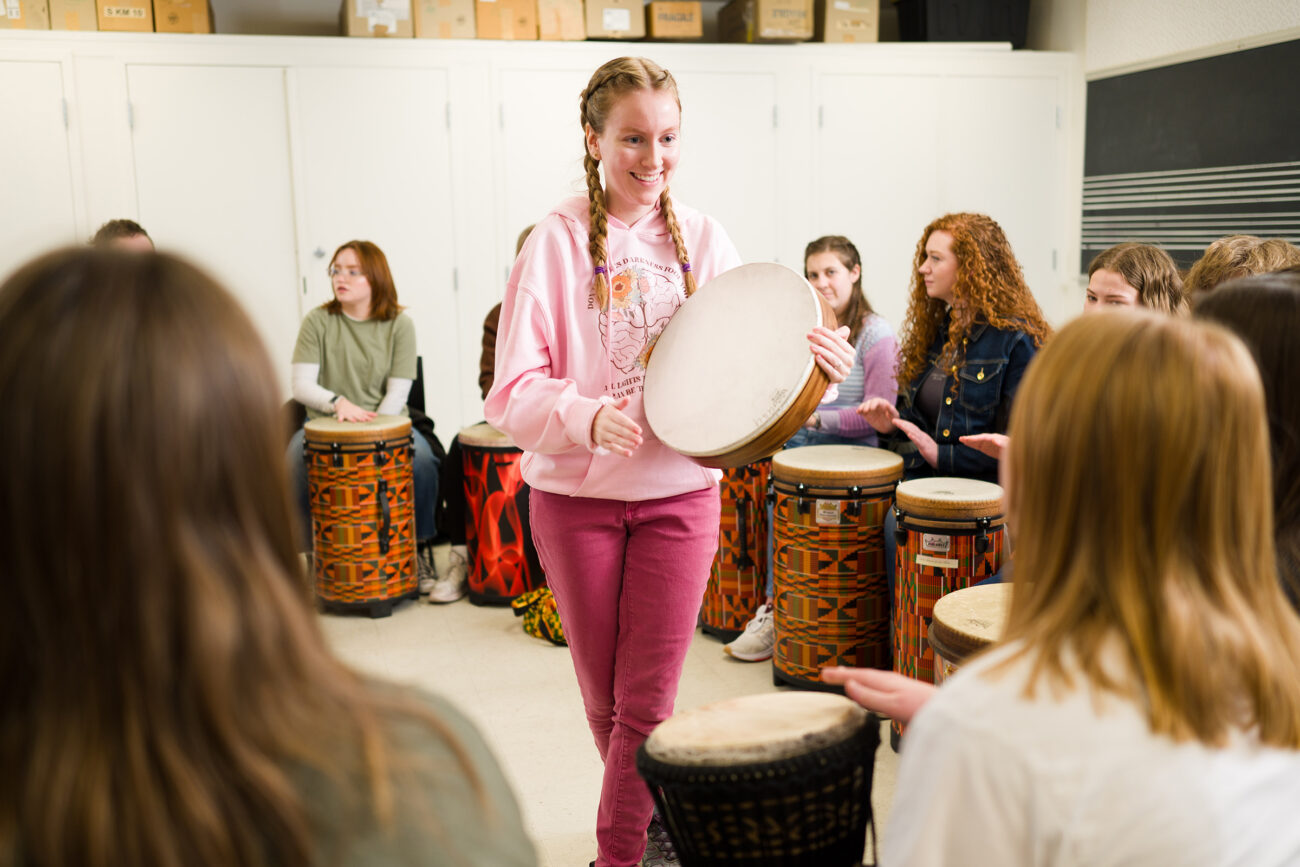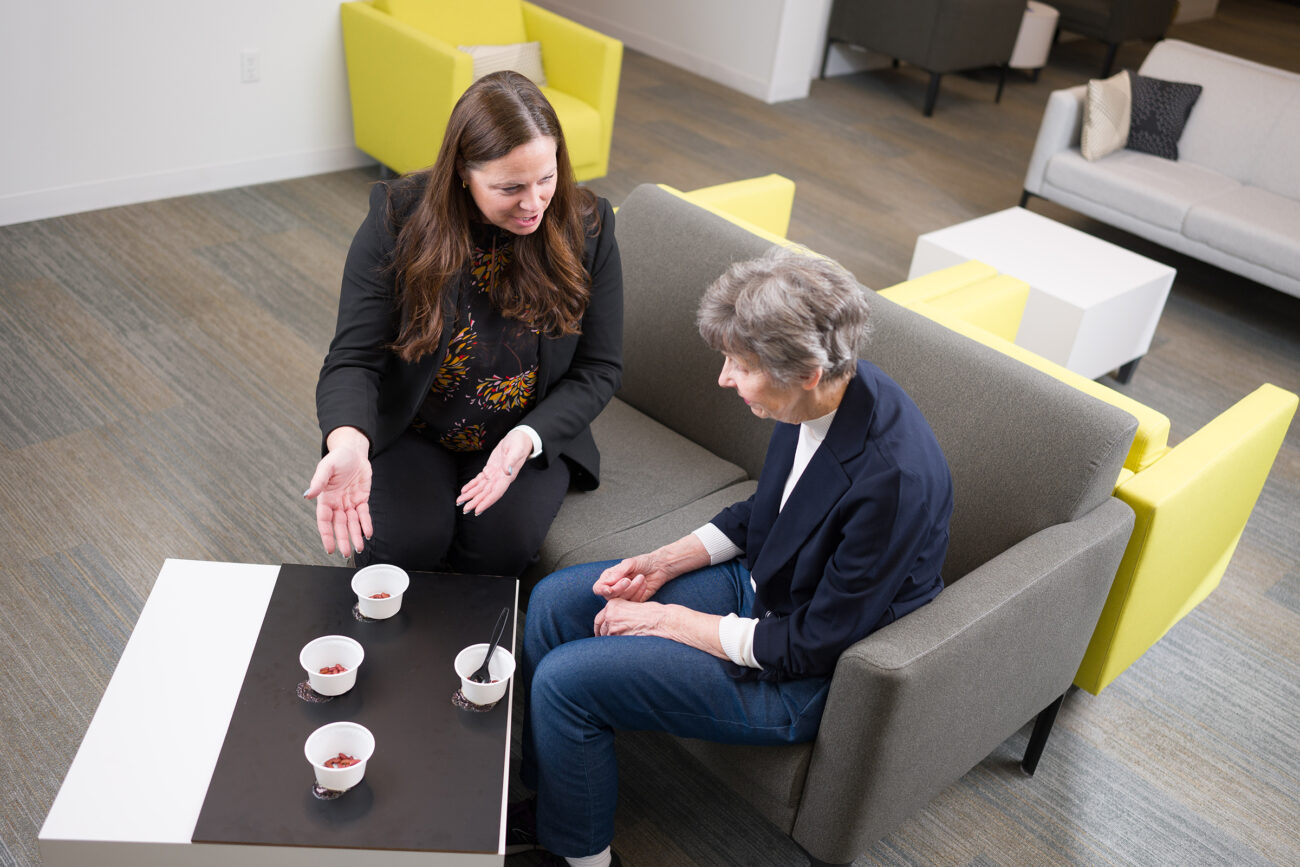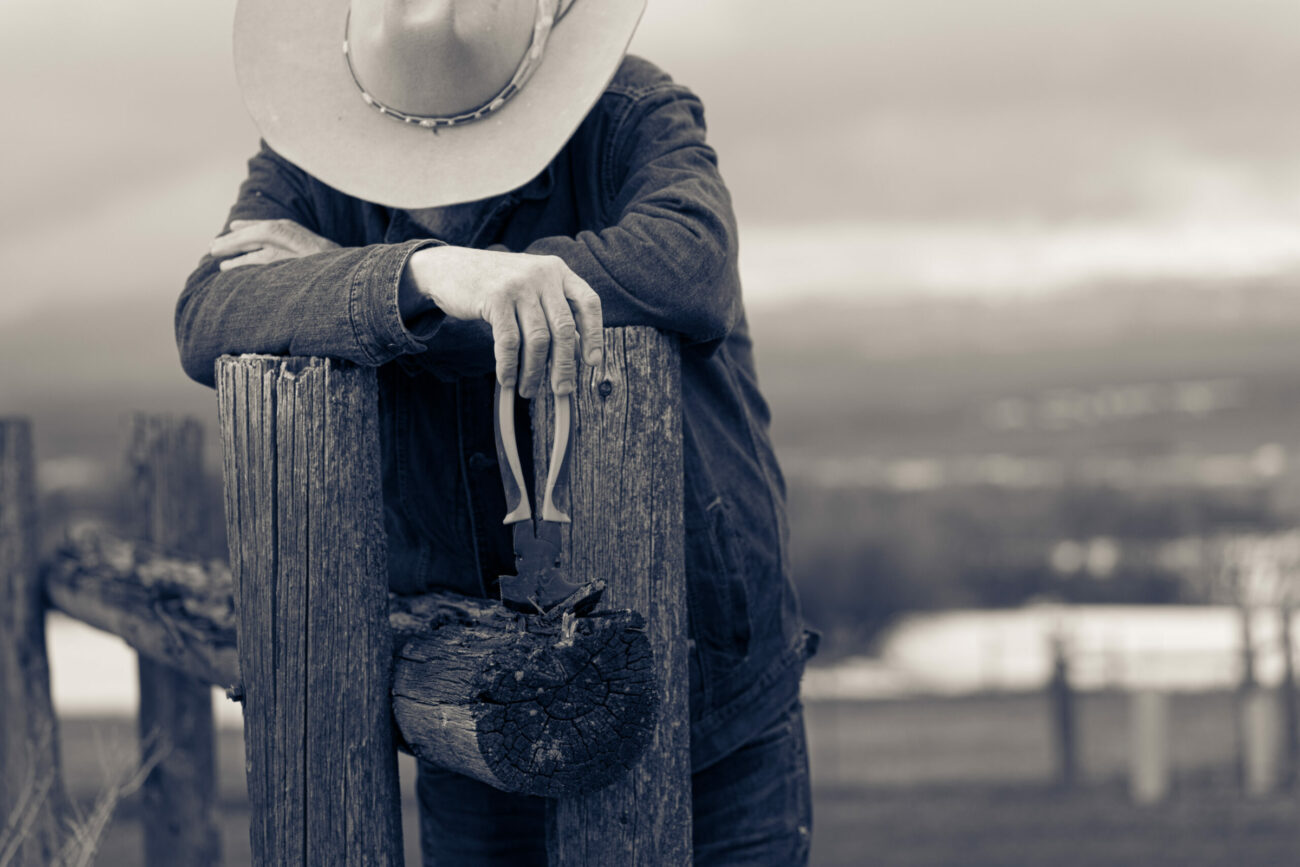Small Seeds, Big Savings
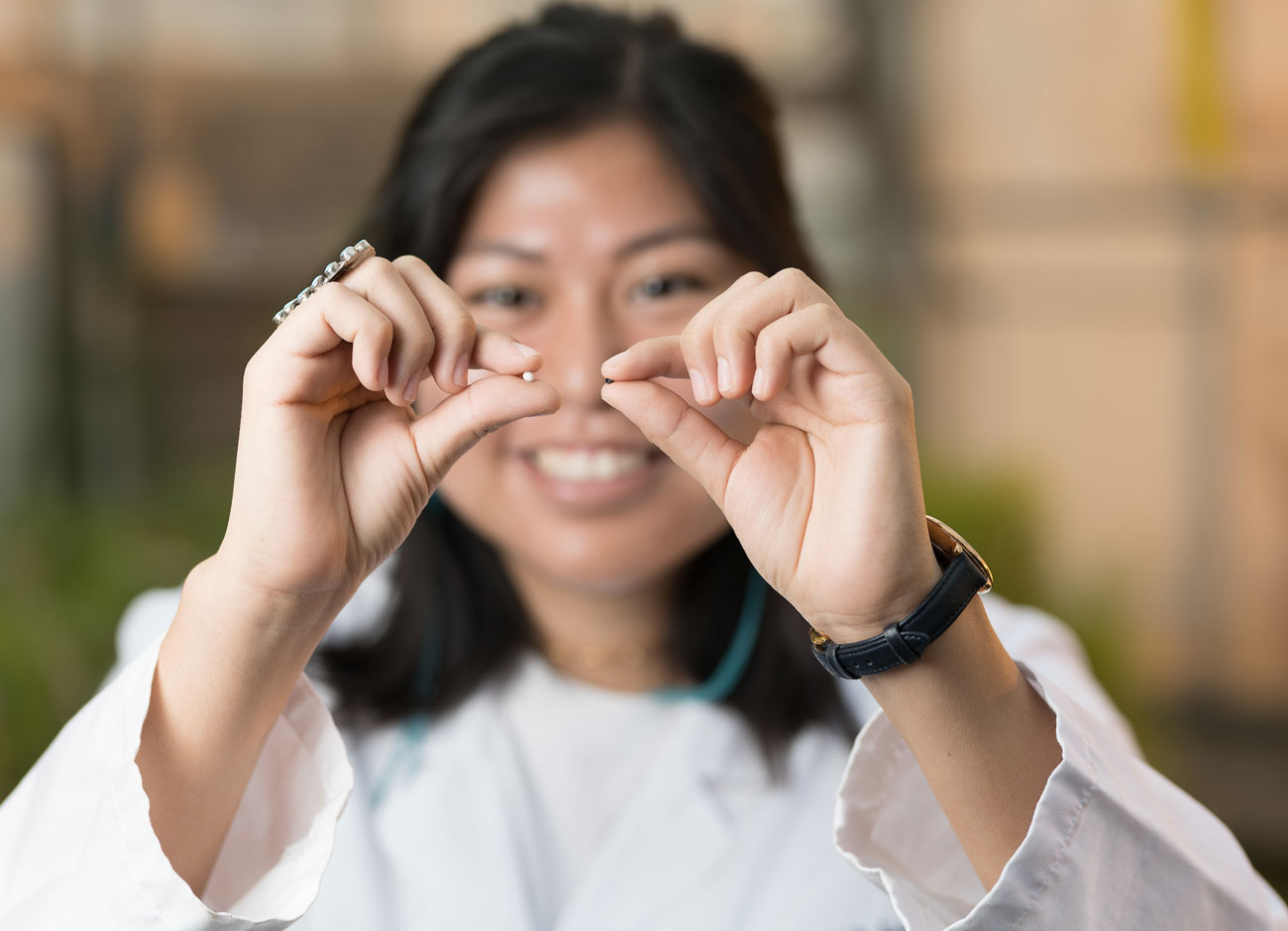
As a kid, Crystal Fowler ’21 was the person watering her family garden in Apple Valley, Utah.
“I wasn’t aware of how much I enjoyed it at the time, but it makes sense now,” she says.
Last summer, the senior biological engineering major spent weeks germinating nearly 700 onion seeds in the Crop Physiology Laboratory to understand how slight differences in weight affects viability.
In Utah, onions are one of the biggest produce crops, she explains. “Looking at this for Utah was kind of a big thing because it could help a lot of onion farmers here. We tried to pick [a cultivar] that was the old tried-and-true onion that is grown in Utah.”
The study was part of a 2021 Undergraduate Research and Creative Opportunities grant she was awarded and she suspected it would demonstrate a link between higher seed weights and increased germination rates as similar studies of vegetable seeds have before. Fowler divided the seeds into raw and primed categories and tested them across seven temperature settings. Things did not go as expected.
“We didn’t find any evidence that separating seeds via the size made any difference in the viability,” she says. “We were expecting to see the difference just because it’s pretty much universally accepted that larger weight would equal more viability.”
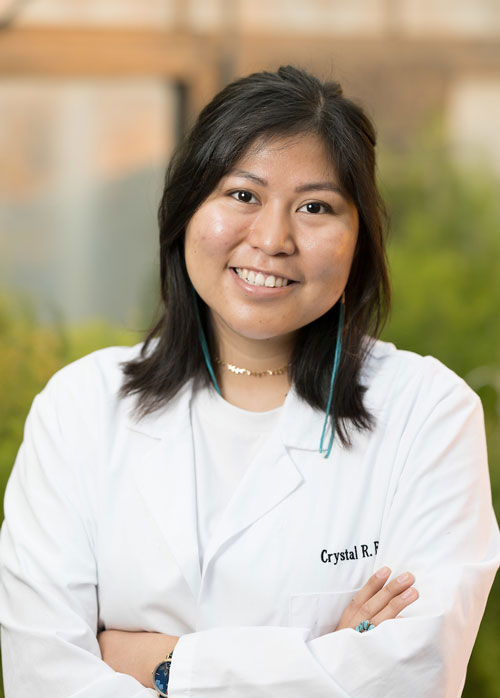
However, they did find that primed seeds behaved differently around 12 degrees Celsius than raw seeds — an unexpected result. The discovery launched a second experiment examining how temperature differences throughout the day affect viability. During the initial study, the temperatures were constant, and that’s not exactly representative of the natural world, Fowler admits.
Potentially, growers may not need to grade seeds by weight anymore, she says. “It would save them money and time if they don’t have to do all that grading for all of those seeds.”
But how did this bioengineer end up in a greenhouse planting onions?
“I really wanted to look at different types of life, and that includes plants,” she says. “I feel like there is a lot of plant research that hasn’t been done yet, either.
I am just so interested in plants and their mechanisms because they are so different from people and have all these cells that we usually don’t study in my major.”
Fowler hopes to continue studying plants in graduate school for agricultural engineering and mulling over the possibilities. Maybe she will dig deep into soil and water interactions. Perhaps investigate ways to engineer plant physiology to express different traits, she muses. Another possibility: growing plants in space.
“That sounds so cool and it seems like a huge problem that is going to take a lot of people to work on,” she says, smiling. “It kind of seems like that is where our future is going.”



